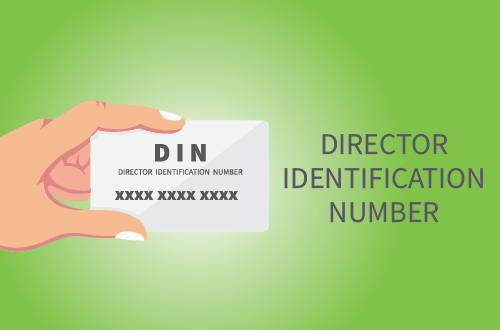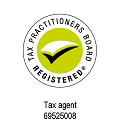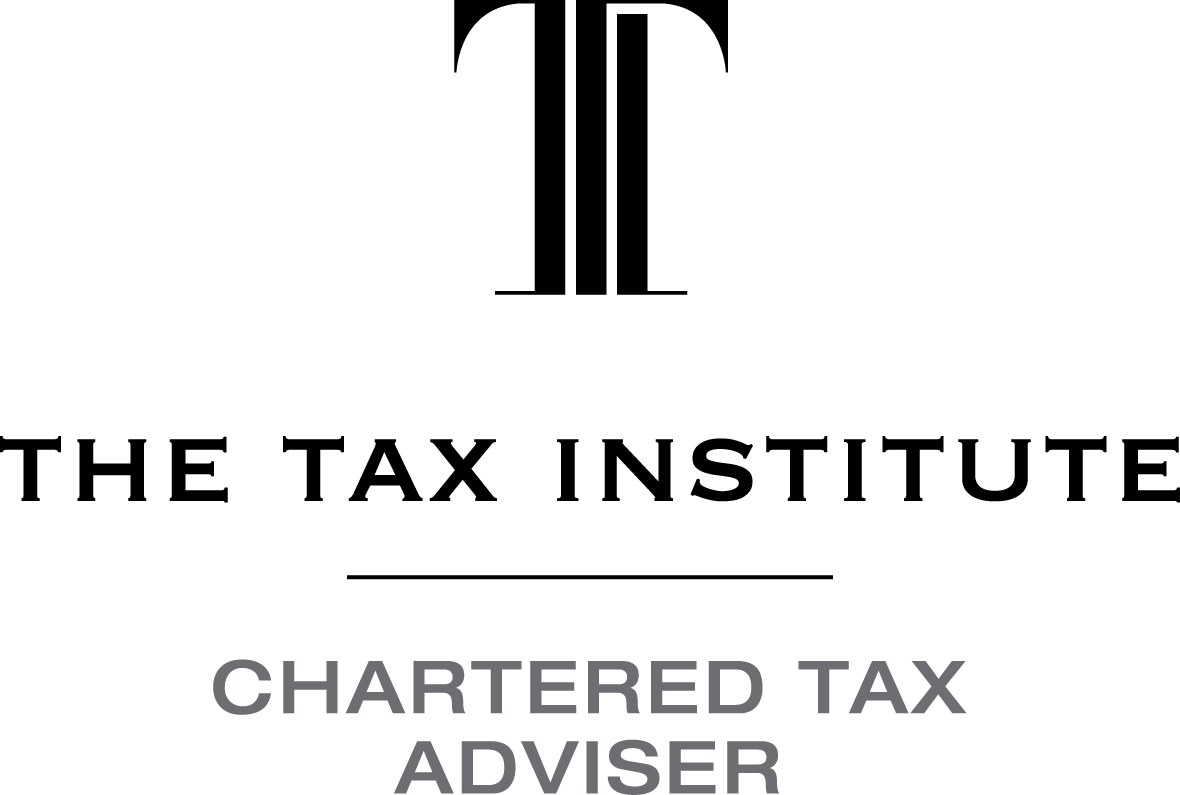Keeping Great Records
Well here we are only 2 weeks left of the financial year for 2014! Though a whole year has gone past without a blink, excitement has started to set in! Soon our tax returns will be lodged for the chance at gaining some of our hard earned money back, and there will be End of Financial Year Sales to look forward to! But before we look forward to spending the money we may get back from our tax returns, there are a few things you should consider about the records you need to keep for the year which has just past.
Did you know within the Australian Tax System we have the right to self assess our tax obligations? Self Assessment means you are responsible for working out how much you declare/claim on your tax return. Even though you are making a self assessment, you are required to ensure your tax return is accurate, you can support the claims you make and can provide proof if required to do so. In order to do this you need to keep adequate records. The type of records you need to keep depend on your personal circumstances, however as the old saying goes – more is less, and if you are unsure it is better to keep too many records than not enough.
You keep records to provide written evidence of your income and expenses, to ensure you are able to claim all your entitlements and to help decide whether or not a valid claim exists. In the event the tax office asks you to provide information to prove your claims, keeping great records will make life so much easier. You must keep your records for five years from the date you lodge your tax return. However, if your tax affairs are simple then you are only required to keep the records for two years from the date of lodgement. Simple tax affairs are those with income from salary and wages, interest, and dividends, and deductions only for tax agent fees, donations, dividend and interest claims. You also must not be a foreign resident, entitled to a foreign tax credit or have a capital gain/loss. Again if you are unsure whether you fit this category, it is better to keep your records for 5 years. If you are unsure of whether or not you can claim a deduction, you should opt to keep your receipt and decide at tax return time.
I see so many clients not being able to make a claim in their tax return simply because they didn't keep a record of their expenses. You can keep your records electronically by scanning the original document and saving them onto your computer – documents that are kept this way need to be a true and clear reproduction of the original. Whilst this can save some space in the filing cabinet you should make sure you regularly back up your electronic documents so they are secure and not lost if your hard drive becomes corrupt.
If you run a business it is important to keep up great bookkeeping practices. You must keep a copy of all your sales records, purchase records, payments you made to employees and keep track of debtors, creditors and stock on hand. There are many programs that will help you keep your business records in line like QuickBooks and MYOB to name a few. If you struggle with the day to day of record keeping, we can help point you in the right direction.
Life is made easier by doing the little things to stay ahead and on top.
Let our friendly staff know if you would like to talk more about your record keeping requirements and have a wonderful end of financial year!











